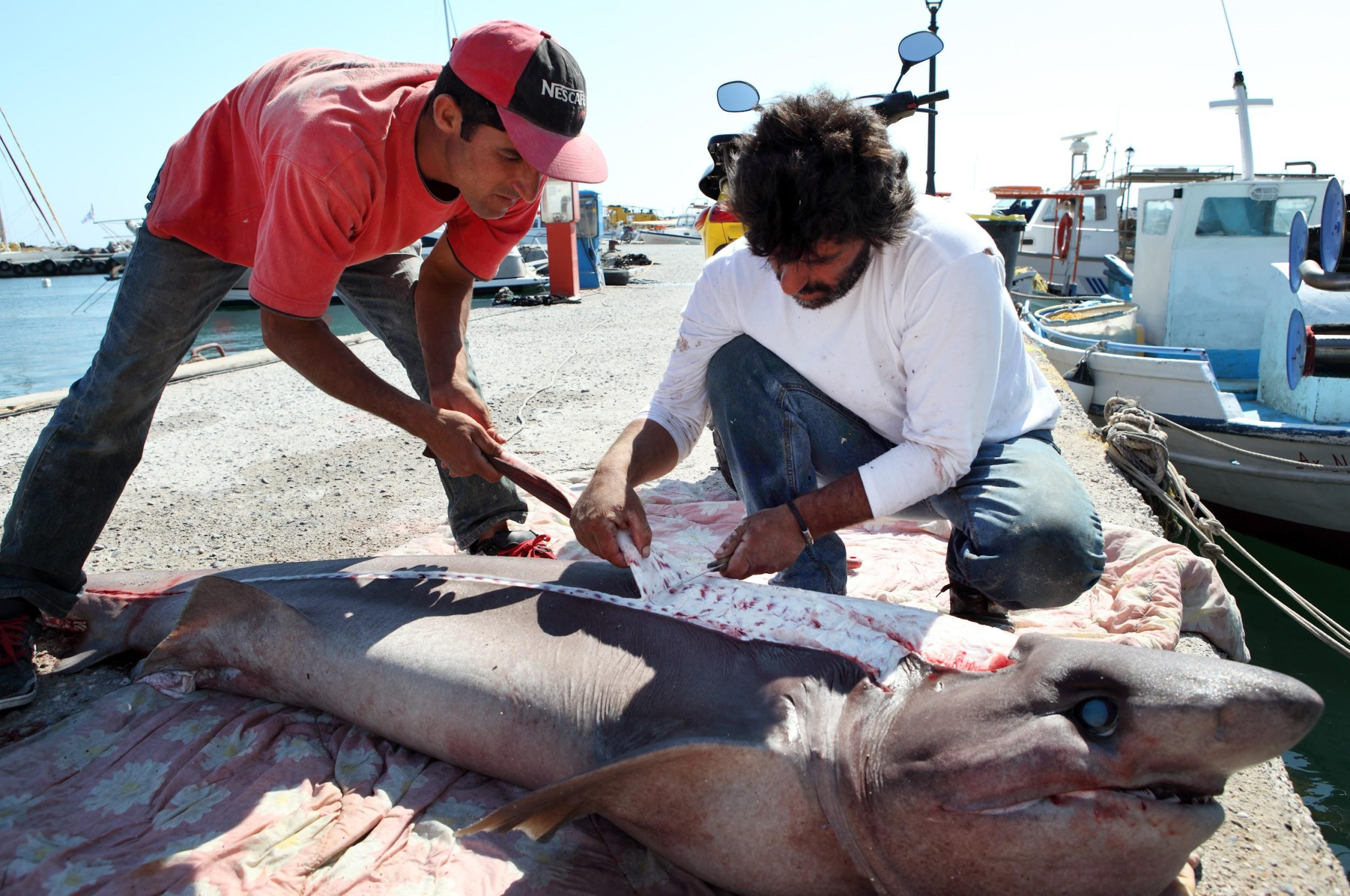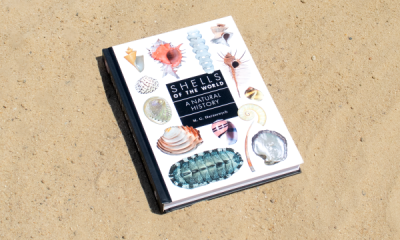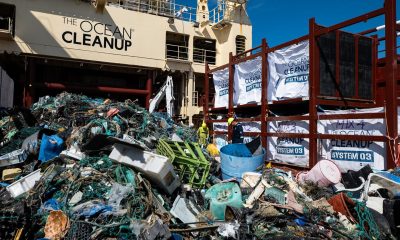Blogs
Overfishing Definition: What is Overfishing?
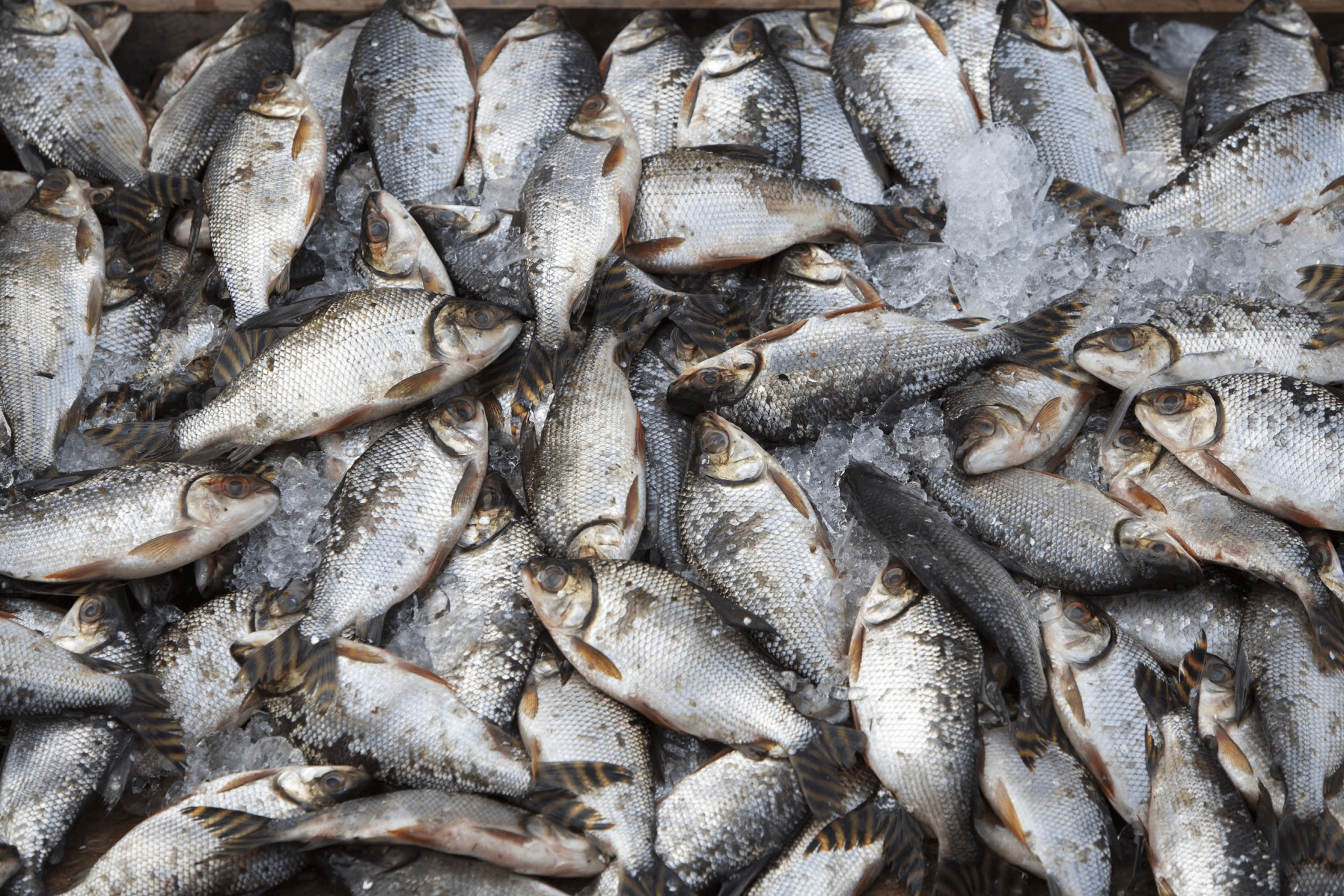
First, it’s important to note that recreational fishermen are generally not responsible for overfishing. Overfishing primarily involves commercial fishing, where large-scale operations use massive nets to meet the ever-growing demand for fish. This is driven by increased global fish consumption, which has doubled over the last 50 years, and the growing world population.
Overfishing occurs when a region’s breeding stock becomes so depleted that fish populations can’t replenish themselves. This results in fewer fish each year or, at worst, the extinction of a fish species in a specific area. Overfishing is often associated with wasteful fishing methods that catch not only the target fish but also other unintended marine life.
Over 80% of fish are caught in such nets, leading to adverse consequences:
Increased Algae in the Water: Overfishing disrupts the natural balance, leading to uncontrolled algae growth and negatively impacting the oceans’ acidity, reefs, and plankton.
Destruction of Fishing Communities: Overfishing can devastate communities reliant on fishing for both their economy and primary protein source.
Tougher Fishing for Small Vessels: Large-scale overfishing makes it harder for smaller fishing operations to meet their quotas.
Ghost Fishing: Abandoned fishing gear poses a threat to marine life, trapping them even after being discarded.
Species Pushed to Near Extinction: Overfishing has led to the depletion of many fish species.
Bycatch: Non-target marine life caught as a byproduct of commercial fishing is known as bycatch and increases dramatically with overfishing.
Waste: Overfishing results in a significant loss of fish in the supply chain, with up to 20% of fish being wasted in the United States.
Furthermore, overfishing can lead to mislabeling, where seafood is falsely marketed, affecting consumer trust.
Why Overfishing Happens
Several factors drive overfishing, including inadequate regulations, unreported fishing activities, mobile processing of fish, and harmful subsidies. Government subsidies are a significant contributor, encouraging overfishing by rewarding the quantity of fish caught, rather than considering environmental impact.
According to the World Wildlife Fund, subsidies contribute to illegal fishing activities, piracy, slavery, and human trafficking. In 2018, it was reported that $22 billion, 63% of all fishing subsidies, supported practices encouraging overfishing.
The Role of Farmed Fish
Farmed fish were initially considered a solution to preserve wild fish populations while providing a source of income to communities affected by overfishing. However, the reality has proven to be different. Concentrated farming of fish leads to environmental pollution, heavy use of pesticides and drugs, and a decrease in the nutritional value of farmed fish. Farmed fish, in some cases, become less healthy than their wild counterparts.
Notably, farmed fish do not contain the same essential nutrients as their wild counterparts, which can pose health risks.
Countries Overfishing
While overfishing affects numerous countries, the main culprits tend to be less-developed nations in Asia and the undeveloped world. Notably, the United States appeared on a “shame list” in relation to overfishing, particularly of bluefin tuna, alongside Japan, Taiwan, China, South Korea, and Indonesia.
China stands out for providing significant subsidies promoting overfishing and underreporting its overseas fishing catch, especially in Africa.
Overfishing can lead to economic instability in local communities, as seen in New England and the Japanese fish market. These effects have far-reaching implications for marine ecosystems and people’s livelihoods.
The Severity of Overfishing
Overfishing is a critical issue that cannot be underestimated. For example, the Pacific bluefin tuna population has declined by 97%. This species plays a vital role in the marine food chain, and its extinction could disrupt the entire ecosystem.
Overfishing has broader ecological effects, including the depletion of smaller fish species that keep coral reefs healthy.
Alternatives to Combat Overfishing
To address overfishing, both government policies and technological solutions are necessary. Innovations, such as devices that reduce bycatch and waste, can contribute to sustainable fishing practices. Current regulations, quotas, and subsidies must be reevaluated to create more sustainable models for the fishing industry.
One promising alternative is the territorial use rights in fisheries management (TURF) system, which provides long-term fishing rights to individuals or collectives in specific areas. Fishermen with TURF have a vested interest in maintaining sustainable fishing practices. This market-driven approach promotes sustainability and is used in countries like Chile, Belize, Denmark, and the United States.
It’s crucial to address overfishing not only for environmental reasons but also for food security. The extinction of major protein sources could lead to increased competition for remaining resources, affecting global stability.
The detrimental consequences of overfishing are not confined to distant waters but can affect us all, making corrective measures essential.
For more from the author of this article, Coty Perry, visit Anglers
Blogs
Seal Encounter Dives at Lundy Island
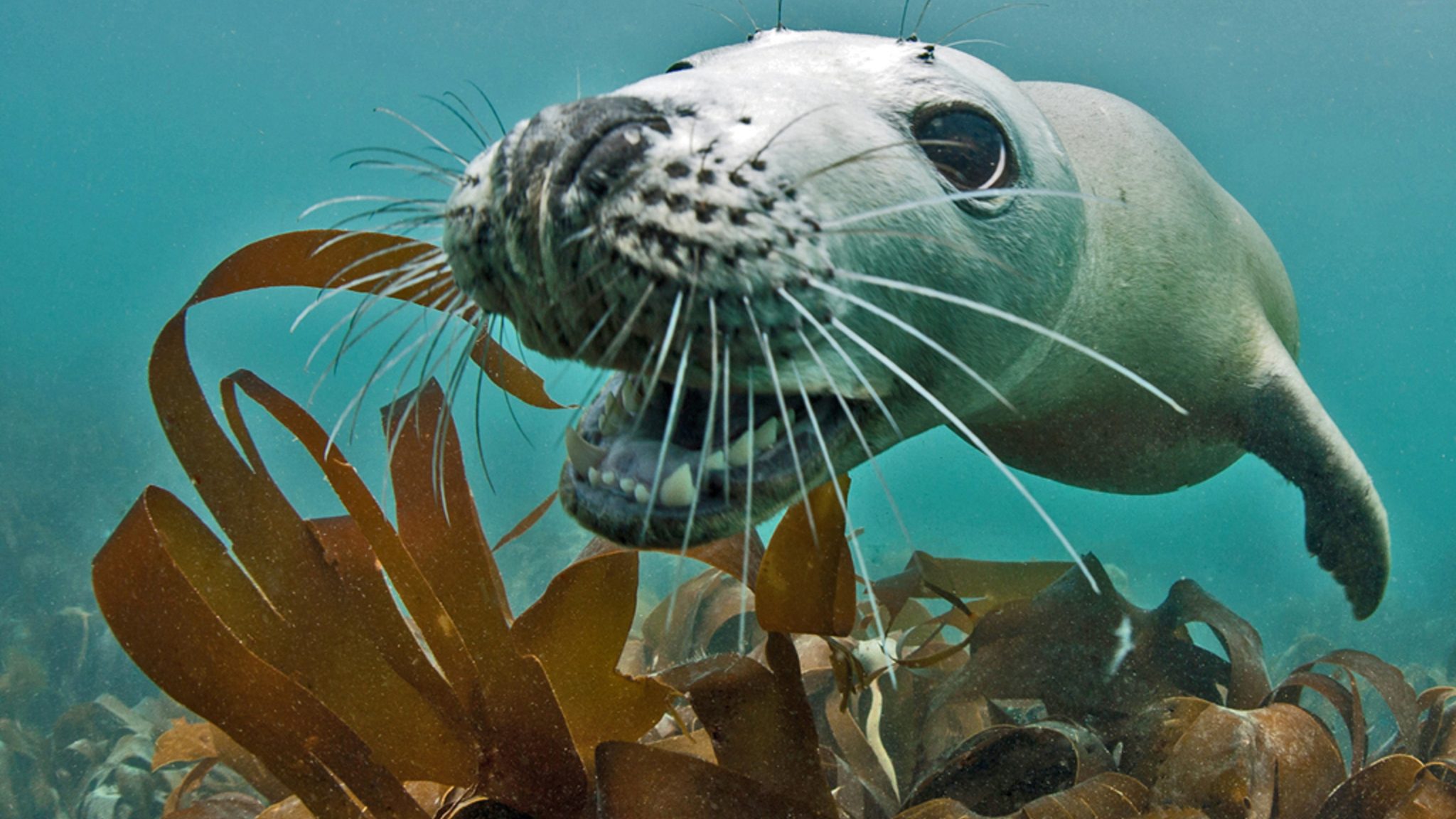
Voted No. 3 on the Top 10 Ultimate British Isles Bucket List by The Independent, these dives offer the closest marine mammal encounter available to divers in the UK. Friendly and playful, respectful divers are often rewarded by incredible interaction with the Lundy Seals.
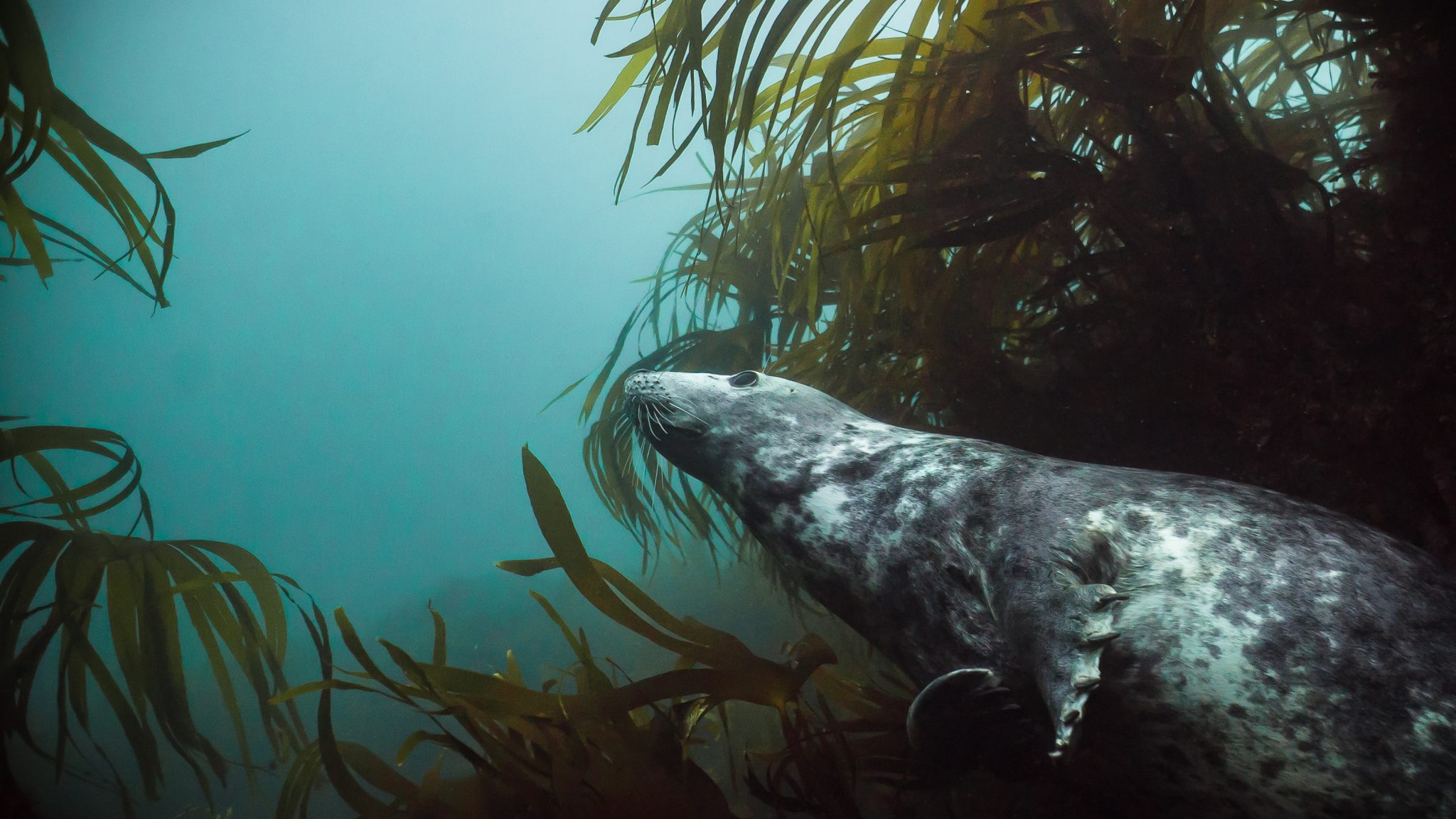
Easy Divers has been running guided dive trips to Lundy for nearly 10 years and offers dive equipment hire if required. Trips depart from the stunning harbour town of Ilfracombe in North Devon and Dolphins are often seen during the boat passage.
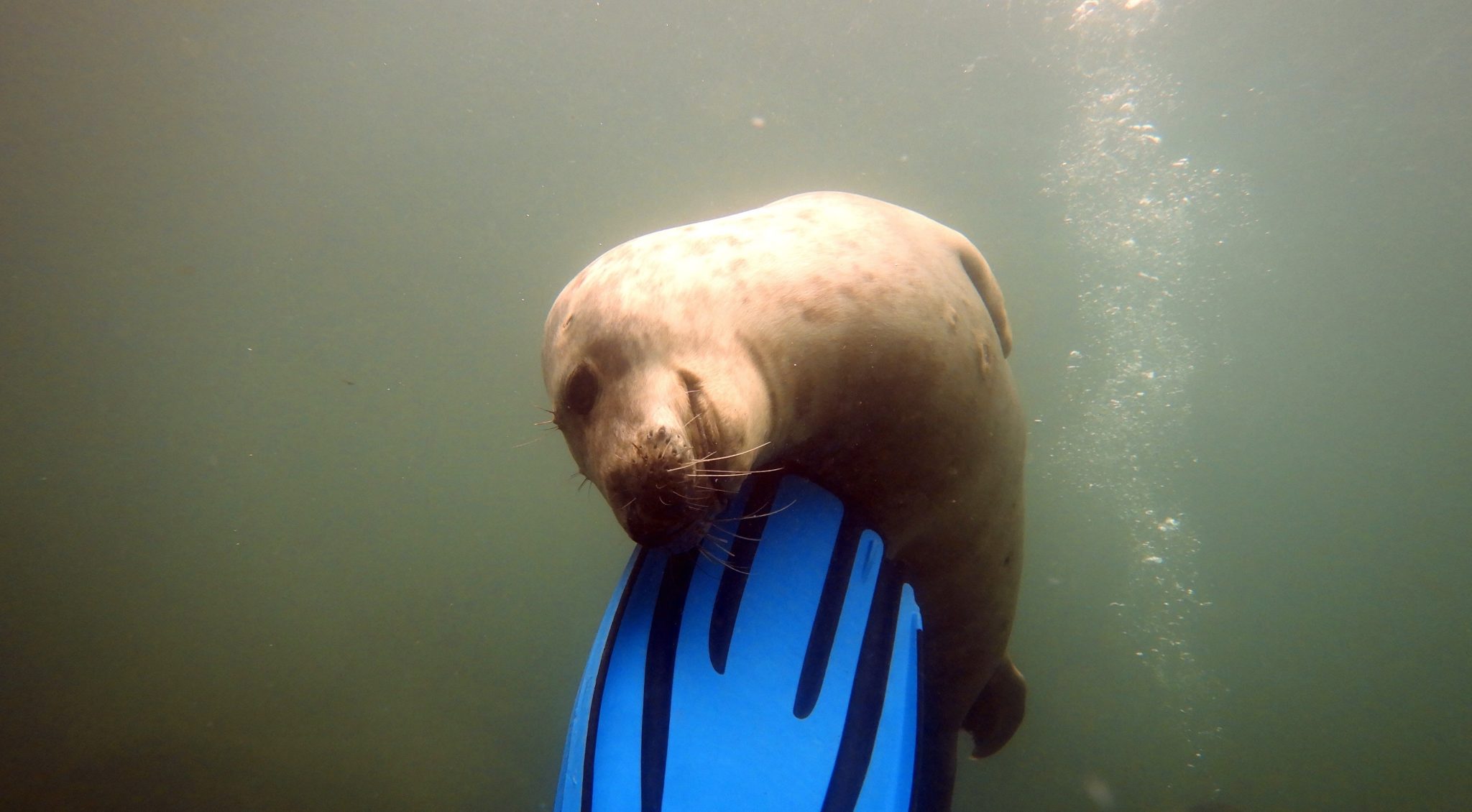
In addition to diving, Ilfracombe is a great base from which to hike the South West Coast Path, dip into surfing at the UK’s first World Surf reserve, enjoy other water sports or head to Exmoor National Park.
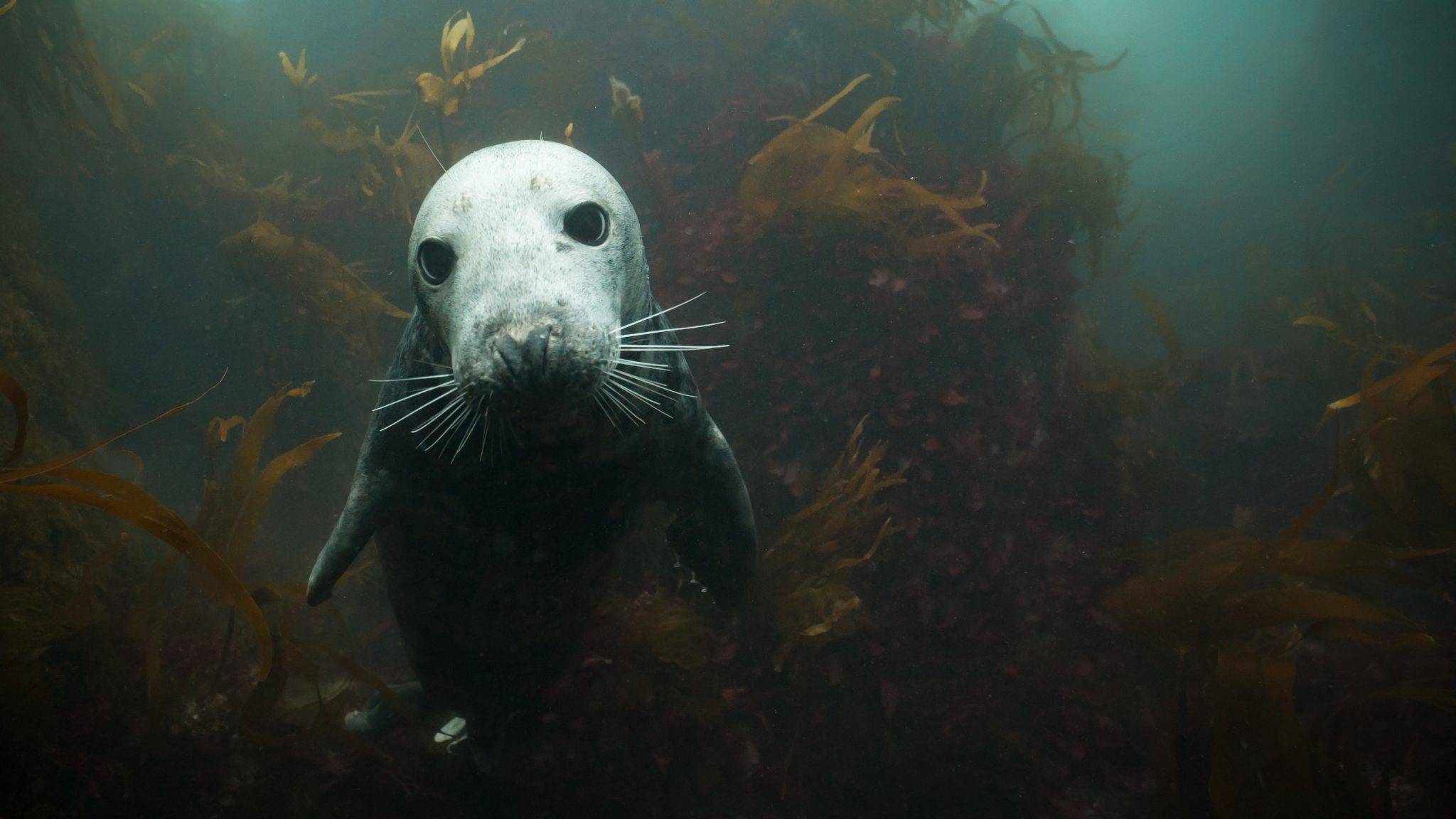
Easy Divers also runs a diver-friendly guest house, with a discount for diving customers and kit rinsing and drying facilities.
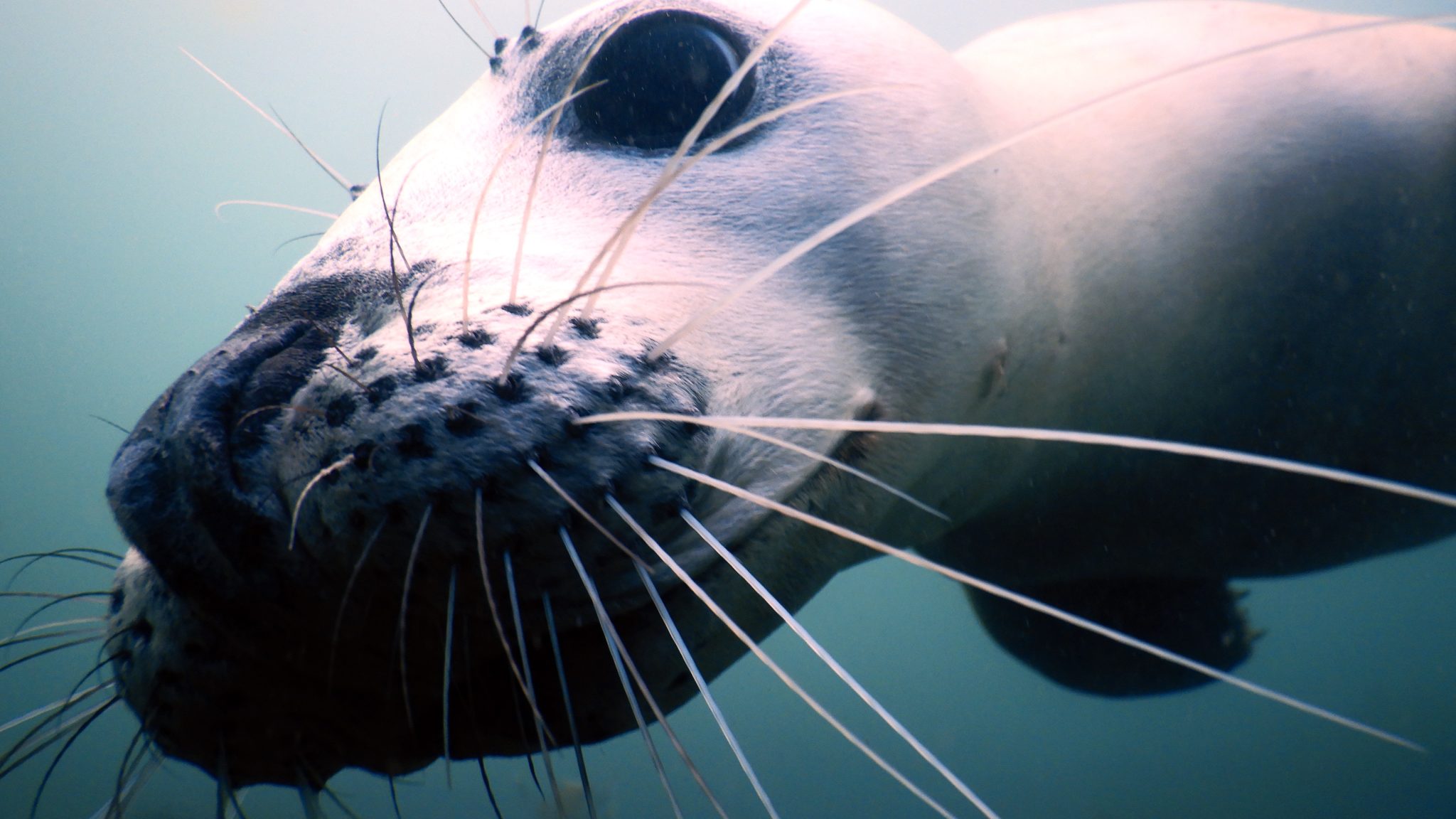
The Seal encounter dive sites are shallow and sheltered and are suitable for divers of all levels, making them a great introduction to British diving.
Exclusive Offer for Scubaverse Subscribers
Use your exclusive Scubaverse discount code scubaverse10% before the end of June and join us for a Seal encounter dive trip to Lundy Island, on any trip date with availability this Summer. Visit https://www.easydiversnorthdevon.co.uk/lundy-dive-trips/seal-encounter-dive-trips/ and enter code scubaverse10% at the on-line check out.
Trips book out well ahead, so book now to avoid disappointment. To save 10% on any 1 night stay at our guest house, please call 07833 020424. We offer free cancellation for divers who book a 1 night stay, if we have to re-schedule due to unsafe weather.
Join us for Britain’s best marine mammal diving experience!
Trips run from end of May to mid-October and are bookable via email at info@easydiversnorthdevon.co.uk, on-line via the Easy Divers website, www.easydiversnorthdevon.co.uk, or call 07833 020424 for more info
Blogs
DAN Introduces Continuing Education for Dive Professionals
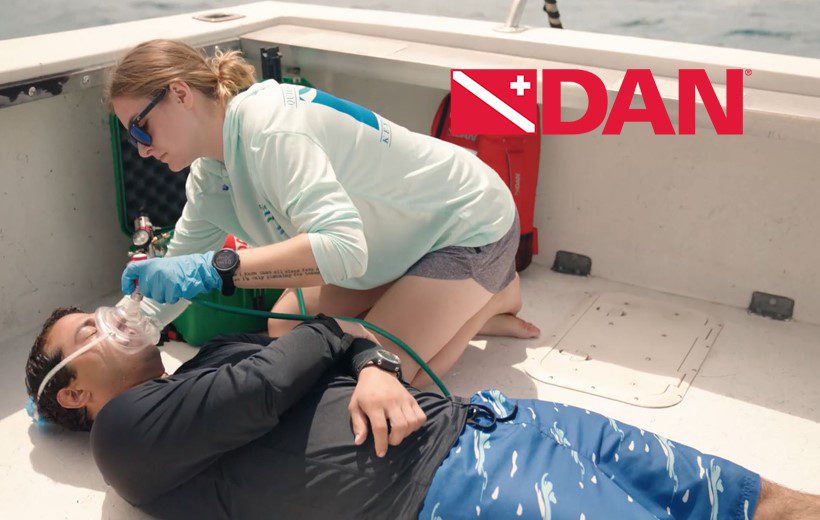
Divers Alert Network® (DAN®), the world’s leading dive safety organization, has launched a new program called Continuing Education for Dive Professionals. This free program focuses on risk mitigation and is now available to all dive professionals via DAN E-Learning. DAN expects this program will not only enhance divers’ safety but will also help reduce dive operators’ liability risk.
 To encourage participation, DAN is offering discounted premiums on individual professional liability and group professional liability insurance to all DAN members who complete the e-learning, which can be done in about an hour.
To encourage participation, DAN is offering discounted premiums on individual professional liability and group professional liability insurance to all DAN members who complete the e-learning, which can be done in about an hour.
Any DAN member who has completed the e-learning will be able to claim a discount of nearly 5% on their annual liability policy. This is in addition to the 5% discount that DAN members already receive. If you are on a group professional liability policy, your completion of the e-learning may count toward a discount on the group professional liability premium.
This year we partnered with Tec Clark to create the content of the program. In the future, we will combine Tec’s material with new material created by DAN.
Click here to learn more and access the e-learning.
To qualify for the discount, the e-learning must be completed before you renew your professional liability insurance policy. Refunds will not be given.
We hope you find this program educational and worthwhile. If you have any questions, or need assistance, please contact DAN at liabilityinsuance@dan.org.
-

 Gear Reviews4 weeks ago
Gear Reviews4 weeks agoGEAR REVIEW – Revolutionising Diving Comfort: The Sharkskin T2 Chillproof Suit
-

 Marine Life & Conservation Blogs3 months ago
Marine Life & Conservation Blogs3 months agoCreature Feature: Swell Sharks
-

 Blogs2 months ago
Blogs2 months agoMurex Resorts: Passport to Paradise!
-

 Blogs3 months ago
Blogs3 months agoDiver Discovering Whale Skeletons Beneath Ice Judged World’s Best Underwater Photograph
-

 News3 months ago
News3 months agoPADI Teams Up with Wellness Brand Neuro to Drive Ocean Change and Create a Blue State of Mind
-

 Marine Life & Conservation2 months ago
Marine Life & Conservation2 months agoSave the Manatee Club launches brand new webcams at Silver Springs State Park, Florida
-

 Blogs2 months ago
Blogs2 months agoSeagrass Awareness Month brings critical food source for Manatees to centre stage
-

 Blogs1 month ago
Blogs1 month agoSOMABAY: Scubaverse interviews Wolfgang Clausen, General Manager, ORCA Dive Clubs


